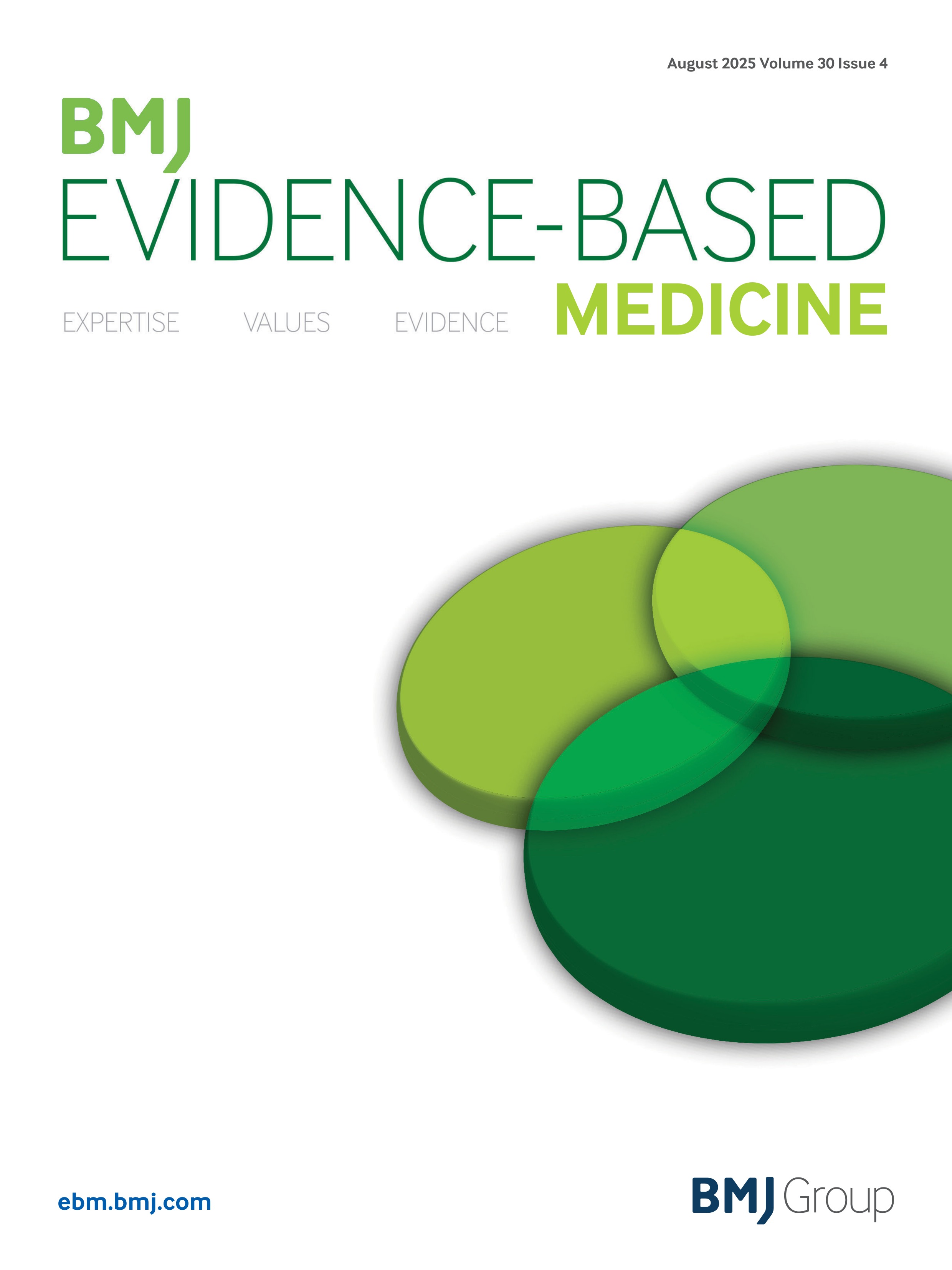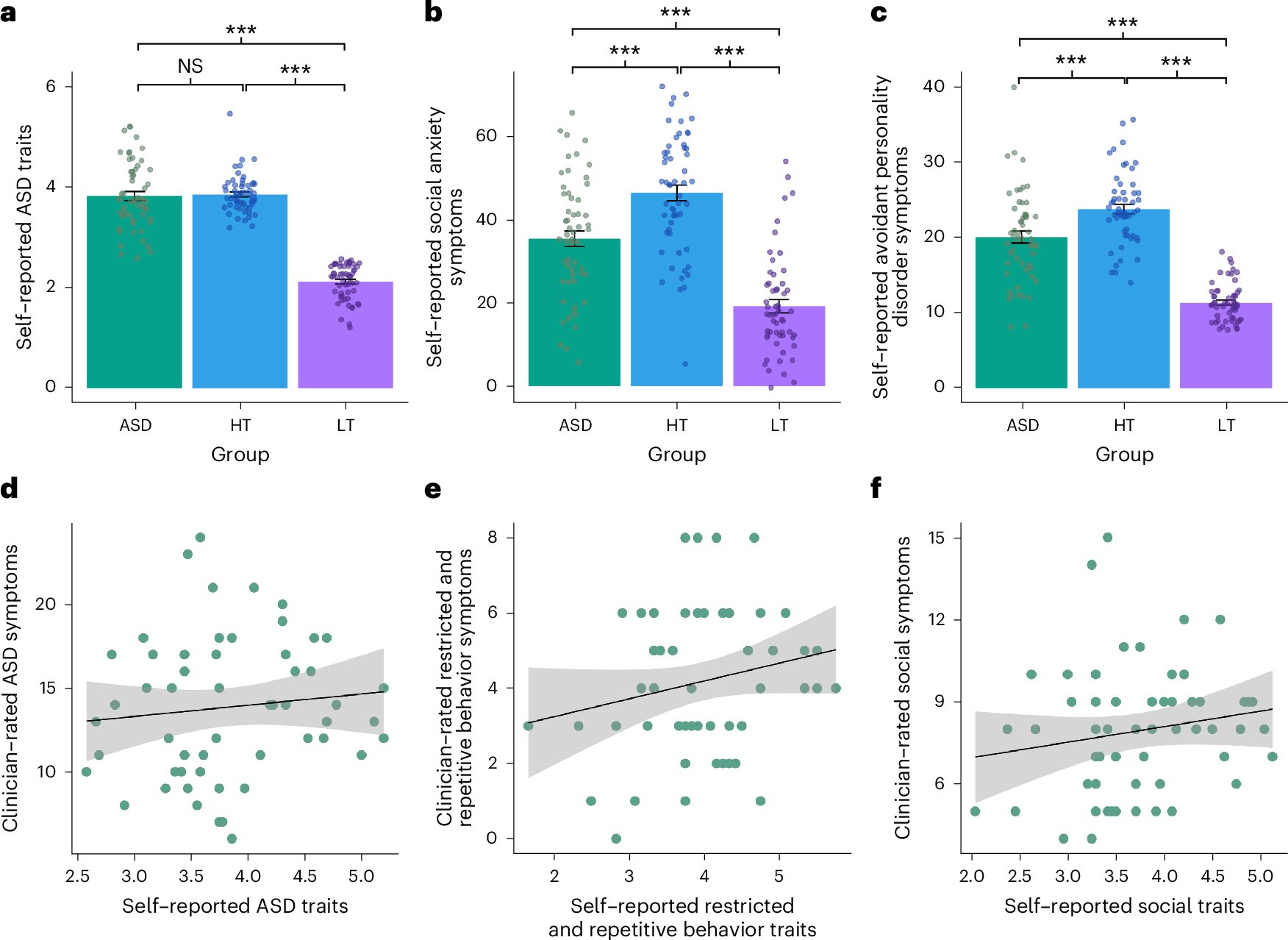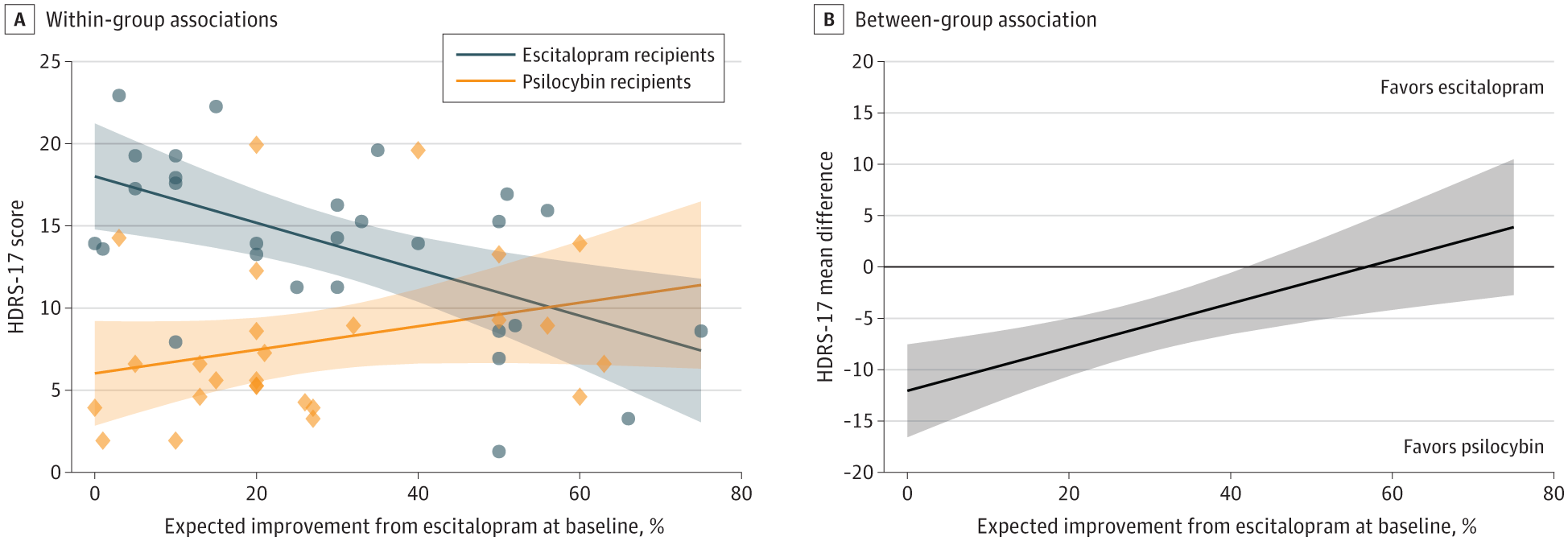
Michael P. Hengartner, PhD
@HengartnerMP
Professor of clinical psychology, interested in psychiatric epidemiology, psychopathology, mental health care assessment, and evidence-based medicine
A prime example of selling sickness. Curiously, I took an ADHD test, answering that I am well organized, happy, completing my tasks in time, sleeping well, etc. Thus, almost exclusively the healthy answers, but still the „test“ results purport that I have moderate impairments.

Remember the 2024 Henssler review claiming only 1 in 6 have antidepressant withdrawal symptoms & 1 in 30 severe symptoms? Here we show it was based on highly unreliable data & can't be used to estimate withdrawal effects 1/n @JohnRead @markhoro @JDaviesPhD cambridge.org/core/journals/…
'Studying what happens to people after just eight to 12 weeks on antidepressants is like testing car safety by crashing a vehicle into a wall at 5km/h – ignoring the fact that real drivers are out on the roads doing 60km/h' theconversation.com/antidepressant…
I was contacted by the German Science Media Center and the journalist mentioned that I was the only expert questioning the validity of the study due to its irrelevant database (8-12w trials). Best way to avoid inconvenient results is to look at data where you won‘t produce them
The New York Times were not taken in by the PR campaign pushing the new antidepressant study (a study mostly denying antidepressant withdrawal). They had some questions. They reached out to us. Read our serious concerns below 👇 nytimes.com/2025/07/09/hea….
We published in BMJ Open the protocol of the Patient-Important-Outcomes in Psychiatry (PIO-Psych) initiative, a international, three-staged Delphi-study to assess and rate the outcomes in psychiatric intervention trials that matter the most to patients: bmjopen.bmj.com/content/15/6/e…
How to define behavioral addictions such as problematic social media use, so that we don't pathologise normal behavior but also don't miss clearly dysfunctional investment? According to our new paper the harmful dysfunction analysis is a promising avenue: tandfonline.com/doi/full/10.10…

Study shows that discontinuing antipsychotics in older adults improves health outcomes: lower risk of rehospitalizations, delirium, fall-related emergencies, and all-cause mortality relative to continuing antipsychotic medication. jamanetwork.com/journals/jamap…

We published a systematic review on post-acute antidepressant withdrawal. The literature confirms that the syndrome exists, but beyond that the evidence base is very sparse and poor. No reliable or conclusive data on epidemiology and clinical management cambridge.org/core/services/…
New publication! We detail the many limitations of using short-term change on symptom rating scales to evaluate the benefits of psychiatric treatments. We propose solutions and suggest outcomes that are better indicators of patient-important benefits ebm.bmj.com/content/early/…

Interesting new study Many people fill out self-report measures of psychopathology and self-diagnose. Autism-spectrum has become very popular and sort of trendy. But it turns out that self-reported autism-spectrum barely correlates with clinician ratings: nature.com/articles/s4422…

English-speaking countries are among the wealthiest but have the highest rate of depression and anxiety dx. Is it because the more people have, the more they want, and the more they get, the more they fear to lose it, and if they don‘t get what they want, they get depressed?
Looking forward to reading Joanna‘s new book! 🙌🏼
Chemically Imbalanced is out next week! In it, I explore the media reaction to our serotonin review, including how it reflected a new political alignment around mental health issues lnk.to/chemicallyimba…
Verständlich, dass die Welt mit Schrecken auf die sexuellen Missbräuche in der US Rap-Szene schaut. Aber ganz ohne Polemik: Erstaunt dies angesichts der Zelebration des Sexismus und der Misogynie in der Rap-Szene? Eine Schande, dass solche Themen millionenfach gefeiert werden
Remember that trial showing that psilocybin is superior to escitalopram in depression? Turns out this is strongly due to people who pre-treatment had low expectancy of esc benefits Treatment Expectancies and Psilocybin vs Escitalopram for Depression jamanetwork.com/journals/jamap…

Personal announcement: I just signed a new contract with Kalaidos University of Applied Sciences. In 2025 I‘ll finally become professor of clinical psychology and start as group leader in research & development! 🙌🏼 @cfichter
NEW: gold-standard studies detail the costs and pitfalls of mistaking antidepressant withdrawal for relapse. My latest @PsychToday #SSRIs #MedTwitter #Psychiatry psychologytoday.com/us/blog/side-e…
Wichtig und richtig, was Thorsten schreibt. Danke für diesen mutigen Artikel:
Gut gemeint und gut gemacht. Aber mit schlechten Folgen. Die @psyheu hat mich über die negativen Konsequenzen von #mentalhealthawareness schreiben lassen. psychologie-heute.de/gesundheit/art…
Another fundamental issue is that based on such trail designs, we can't even conclude that any of these brief therapies work, because there is no untreated control group. Symptom decline could very well be the result of spontaneous remission and regression to the mean
Good news and bad news here 1️⃣ Good: Yet again, psychodynamic therapy is at least as effective as CBT. Despite fact that CBT is routinely promoted & marketed as “evidence based,” “gold standard,” blah blah. It’s spun as science but it’s never been anything but PR 2️⃣ Bad: Yet…
Such an important paper on the lacking knowledge about discontinuing psychiatric medications. I hope that researchers and academic leaders will read it and act upon. Me for my part I have a project underway that addresses some of these questions: pmc.ncbi.nlm.nih.gov/articles/PMC11…
What happens when we break down DSM diagnoses into their individual symptoms and rebuild our classification system from the ground up? Do we see familiar DSM constructs, HiTOP dimensions, or something else entirely? New paper out today! ✨ journals.sagepub.com/doi/10.1177/21… 1/🧵
How do your favorite disorders fare in a data-driven reorganization of the DSM-5? Find out in this new preprint where we followed the patterns in 14,762 individuals’ symptoms with the goal of overcoming limitations in both the DSM and @HiTOP_system x.com/PsyArXiv_bot_v…